The May 25 death of George Floyd, a Black man in police custody, set off international protests, community conversations and, perhaps, individual examination of conscience about racial justice in America. We asked members of the DePauw community: Will you share your reflections on George Floyd’s death, the aftermath or any aspect of racial justice?
Maryclare Flores ’14 is a fifth-grade inclusion teacher in the Boston Public Schools.
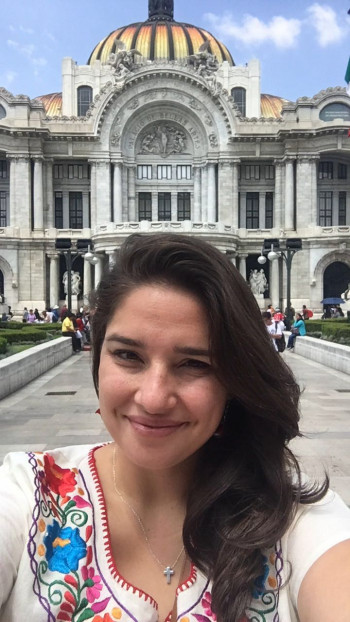 There is no such thing as being “neutral” in education. When we are engaging in learning with young people, we are either reinforcing stereotypes and biases and maintaining the current systems that produce them, or we are empowering students to think critically, ask questions and confidently express themselves. Can’t you be somewhere in between? Absolutely not.
There is no such thing as being “neutral” in education. When we are engaging in learning with young people, we are either reinforcing stereotypes and biases and maintaining the current systems that produce them, or we are empowering students to think critically, ask questions and confidently express themselves. Can’t you be somewhere in between? Absolutely not.
Desmond Tutu famously said, “If you are neutral in situations of injustice, you have chosen the side of the oppressor.”
Too often we hear denials of responsibility in times of injustice. By teaching a curriculum that erases history and paints colonizers as explorers, for example, we are contributing to, at worst, hate and, at best, ignorance. We cannot act like racism has not permeated every aspect of schooling from inequitable funding, aggressive policing in schools and inaccurate portrayals or deficits in the curriculum. We must teach our students to always ask critical questions such as “Who is telling the story?” and “What perspectives are missing and why?” Rather than becoming complicit in maintaining white supremacy, choose to read stories about the solidarity at the 504 Sit-in for disability rights, the horror of Japanese-American internment camps, the systematic kidnapping and abuse of Indigenous peoples by the child welfare system, the prosperity of Tulsa’s “Black Wall Street” and the empowering leadership of Marsha P. Johnson and Sylvia Rivera. In the classroom, we notice the curriculum depicting certain people as victims while erasing the very existence of others. How does this affect student perceptions of these groups today?
Some think that being a teacher means “playing both sides” of history and, while it is important to show opposition or hate as a point of reference, educators should not uphold xenophobic, sexist or racist ideas as if they are valid arguments. This is not a philosophical debate, but rather life or death for our students.
It is my responsibility to be supportive of the identities and lived experiences of my students and to provide the skills and opportunities for their development. I know that I can’t be neutral in situations of oppression. As a DePauw grad, student or staff member, I hope that you can’t be either.
DePauw Magazine
Fall 2020
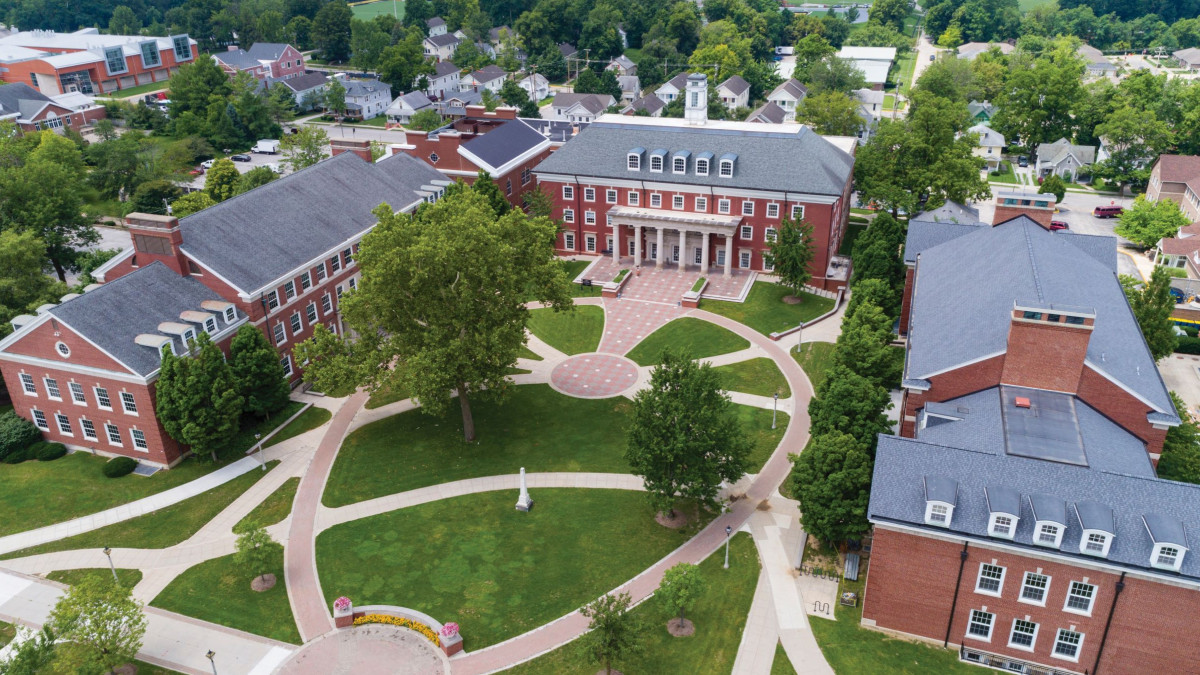 First Person: DePauw Nursing
First Person: DePauw Nursing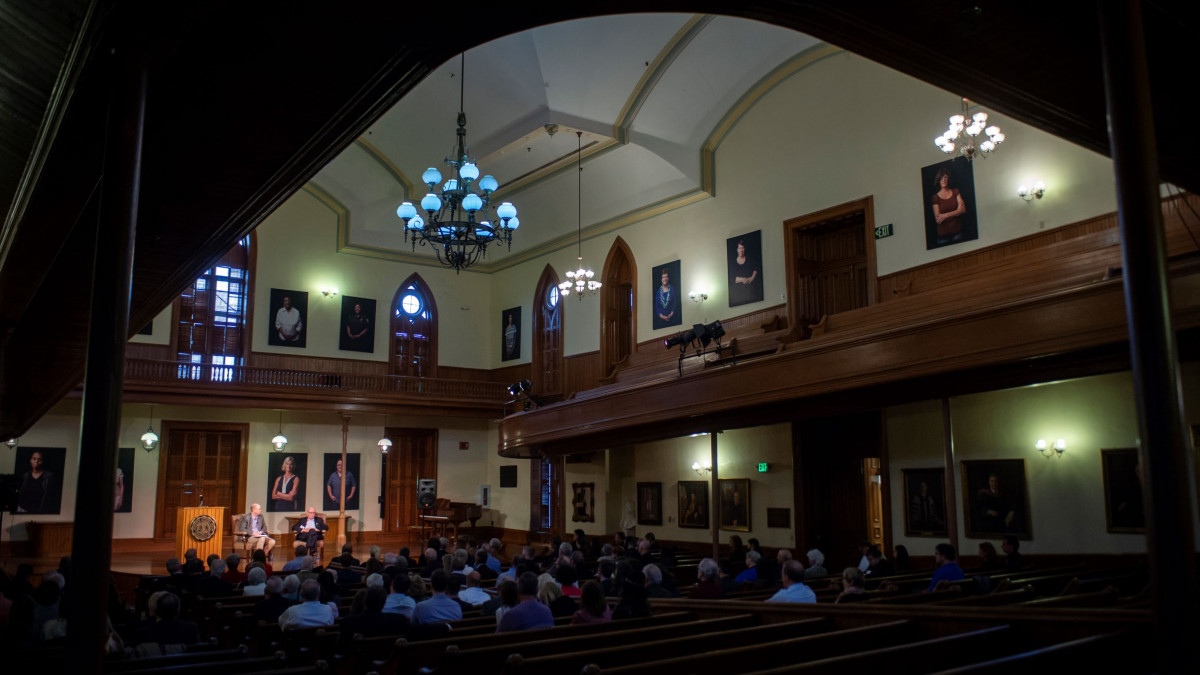 Old Gold: The president and the benefactor: Close friendship created an enduring legacy
Old Gold: The president and the benefactor: Close friendship created an enduring legacy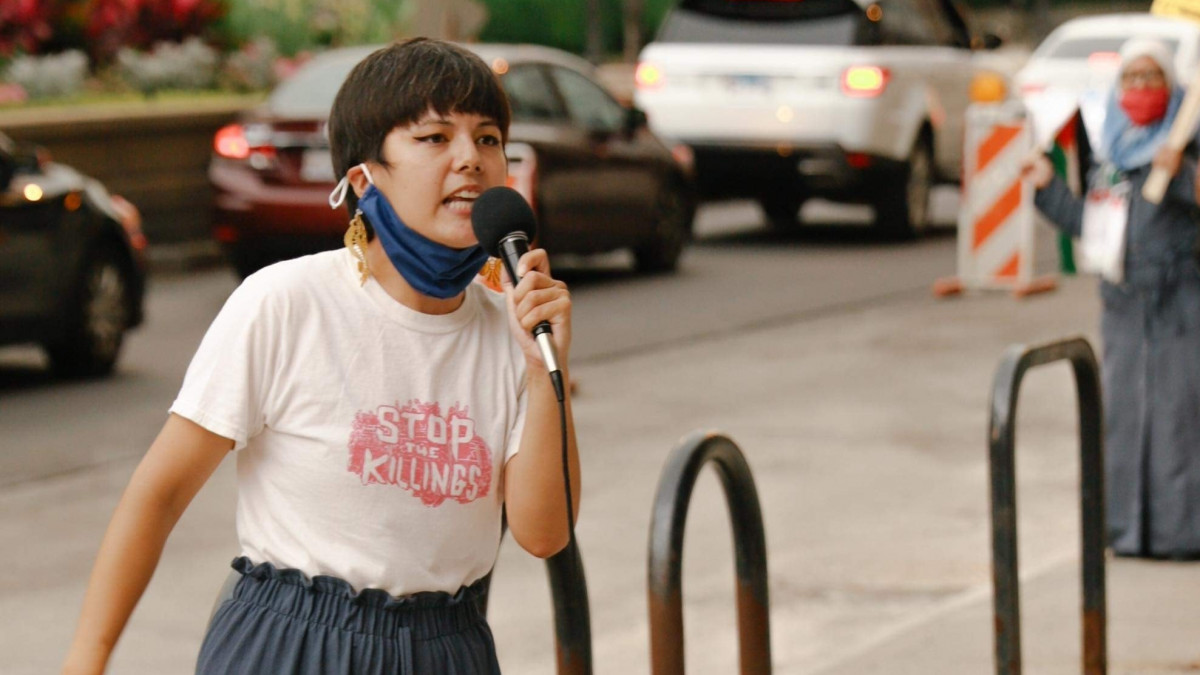 THE BO(U)LDER QUESTION: Racial Justice
THE BO(U)LDER QUESTION: Racial Justice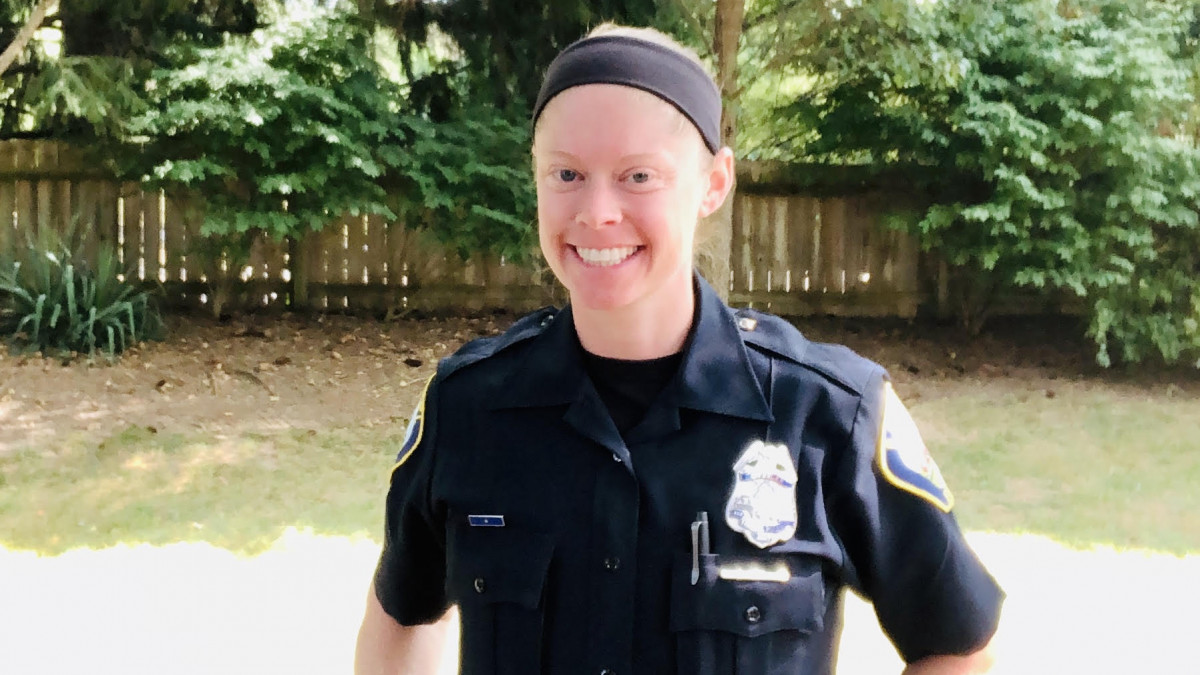 THE BO(U)LDER QUESTION: Racial Justice
THE BO(U)LDER QUESTION: Racial Justice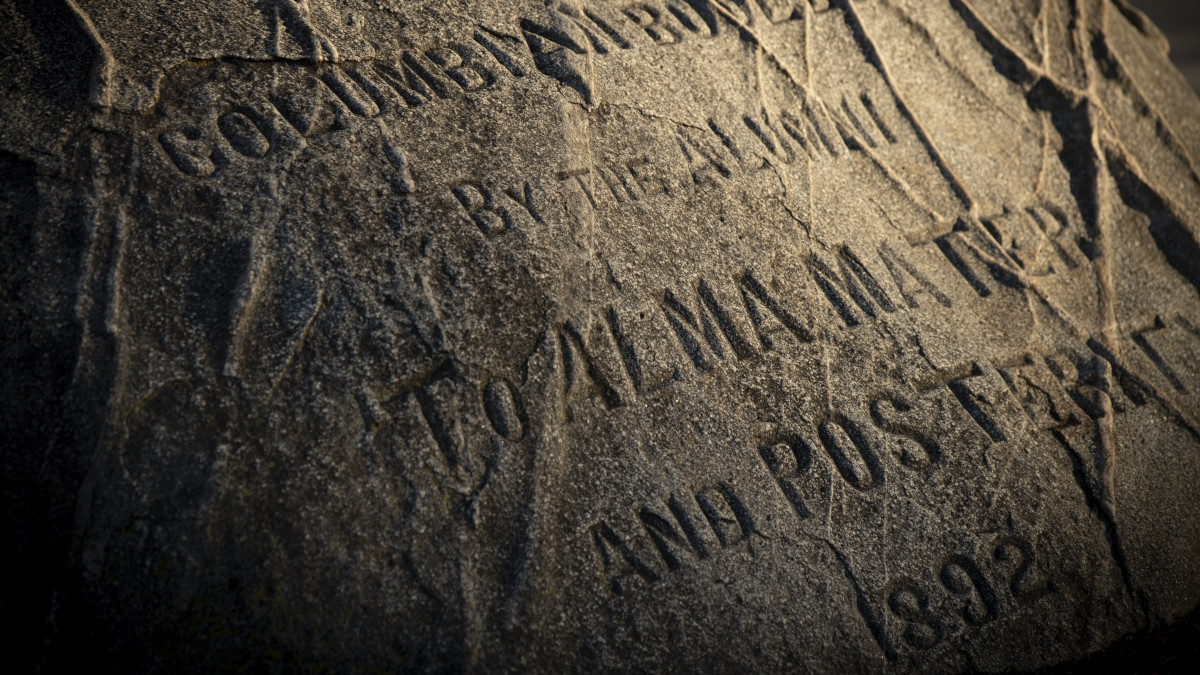 THE BO(U)LDER QUESTION: Racial Justice
THE BO(U)LDER QUESTION: Racial Justice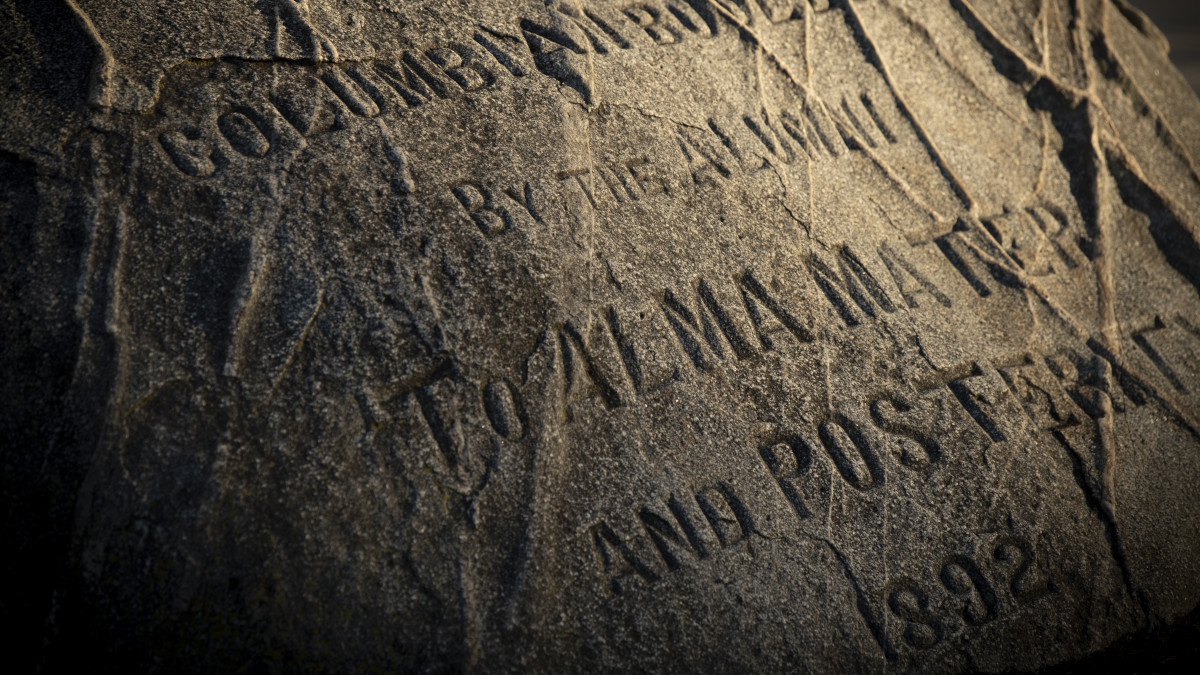 THE BO(U)LDER QUESTION: Racial justice
THE BO(U)LDER QUESTION: Racial justice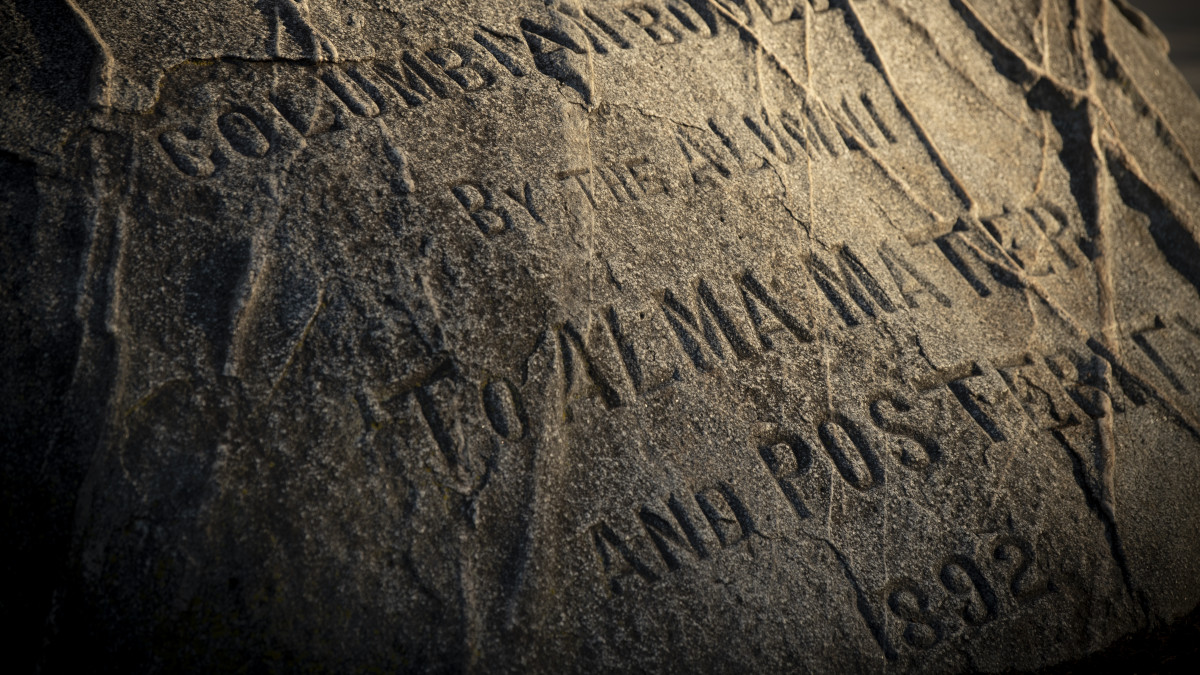 THE BO(U)LDER QUESTION: Racial Justice
THE BO(U)LDER QUESTION: Racial Justice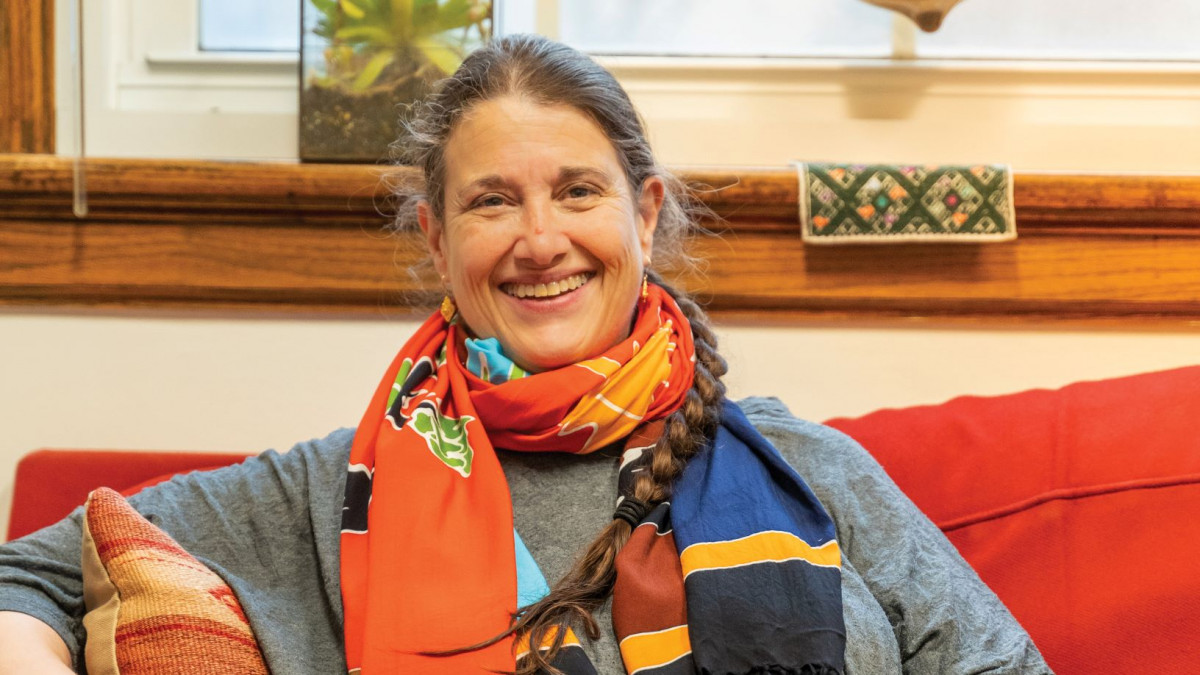 THE BO(U)LDER QUESTION: Racial Justice
THE BO(U)LDER QUESTION: Racial Justice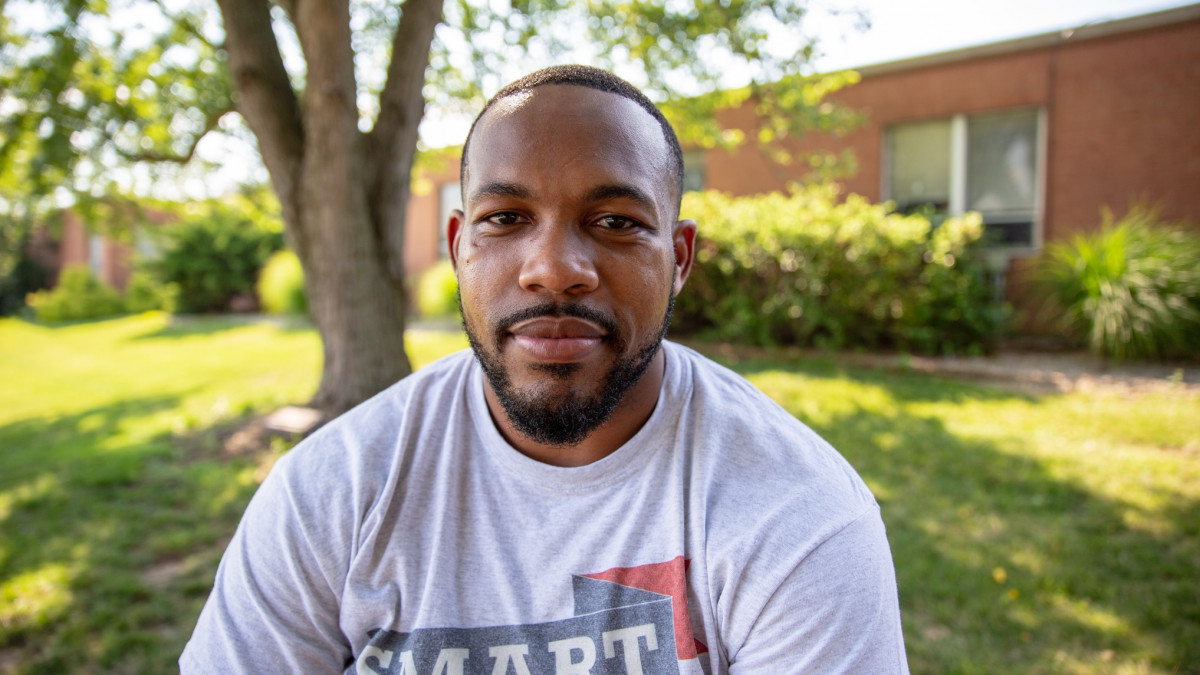 THE BO(U)LDER QUESTION: Racial Justice
THE BO(U)LDER QUESTION: Racial Justice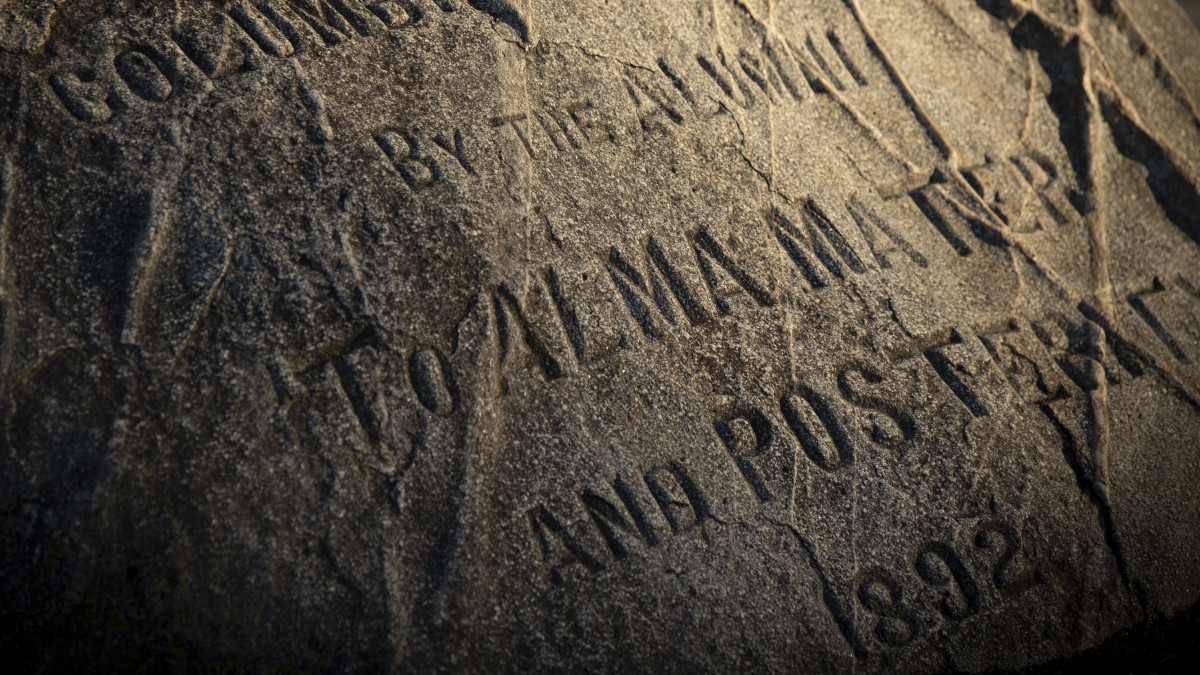 THE BO(U)LDER QUESTION: Racial Justice
THE BO(U)LDER QUESTION: Racial Justice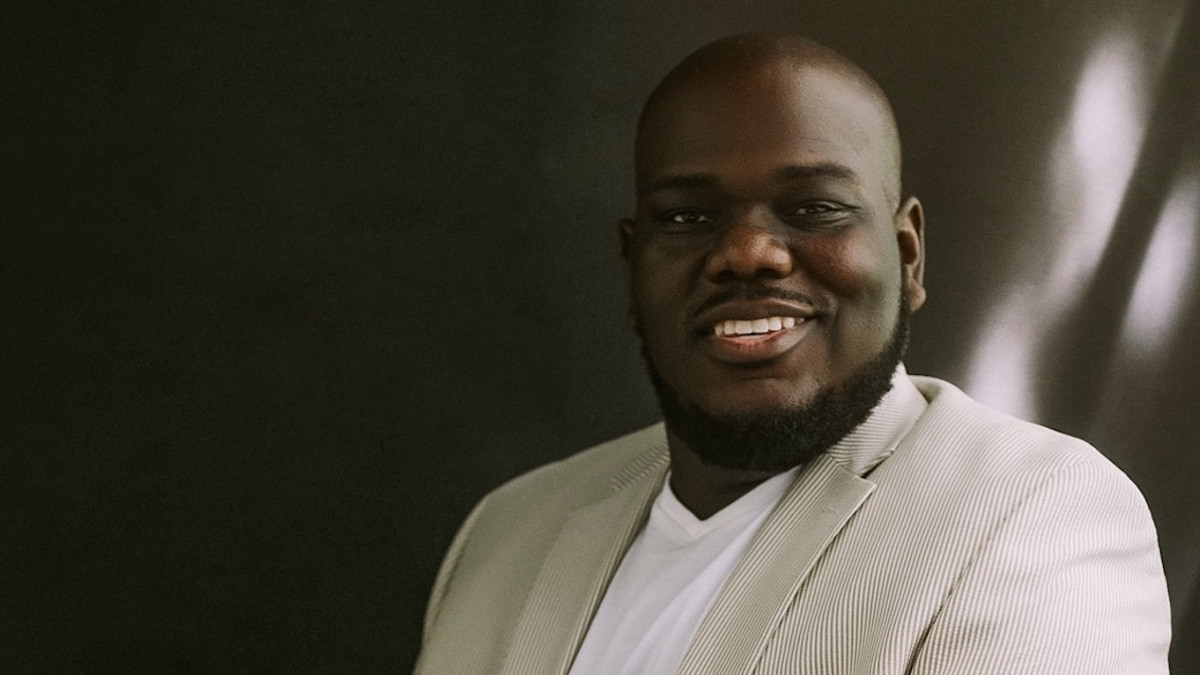 THE BO(U)LDER QUESTION: Racial Justice
THE BO(U)LDER QUESTION: Racial Justice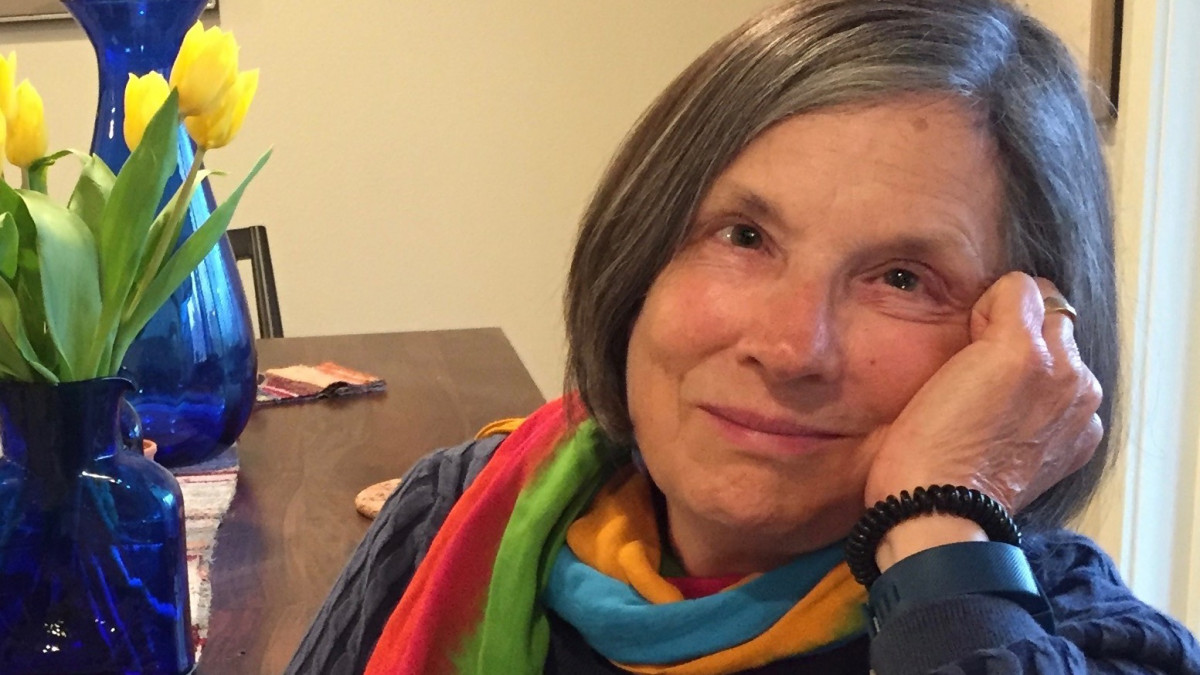 THE BO(U)LDER QUESTION: Racial Justice
THE BO(U)LDER QUESTION: Racial Justice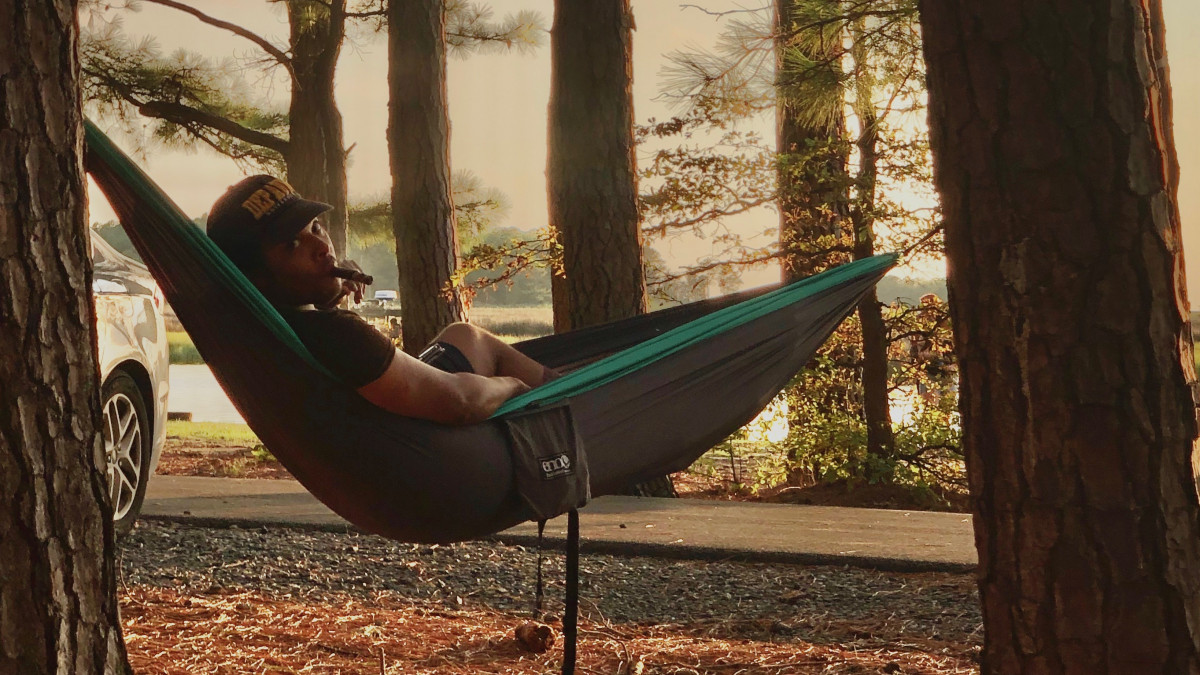 The Bo(u)lder Question: Racial Justice
The Bo(u)lder Question: Racial Justice The Bo(u)lder Question
The Bo(u)lder Question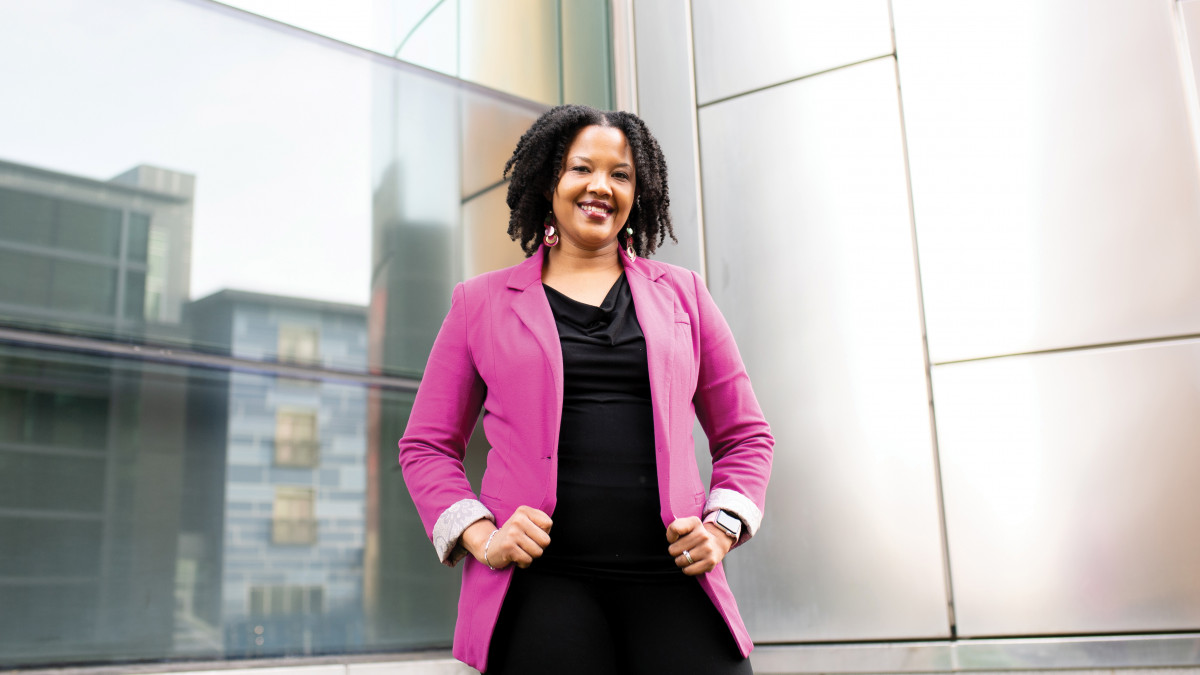 The Bo(u)lder Question: Racial Justice
The Bo(u)lder Question: Racial Justice THE PUBLIC SERVANTS: Jane Noble Luljak ’49
THE PUBLIC SERVANTS: Jane Noble Luljak ’49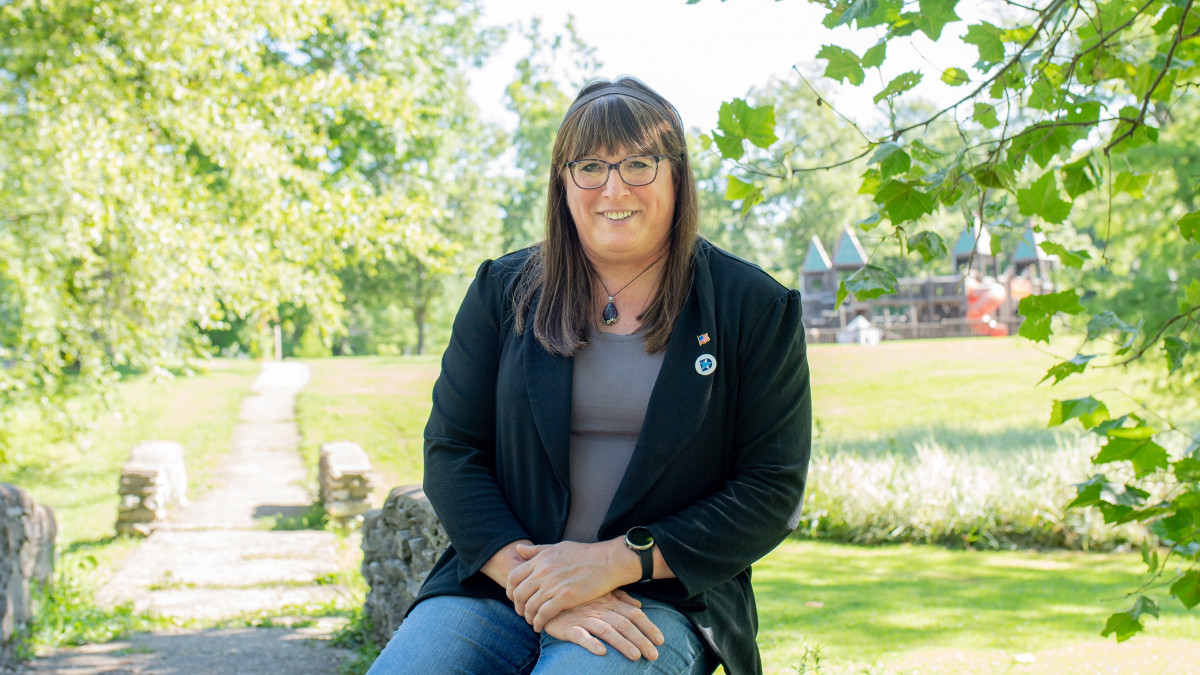 THE PUBLIC SERVANTS: Veronica Pejril
THE PUBLIC SERVANTS: Veronica Pejril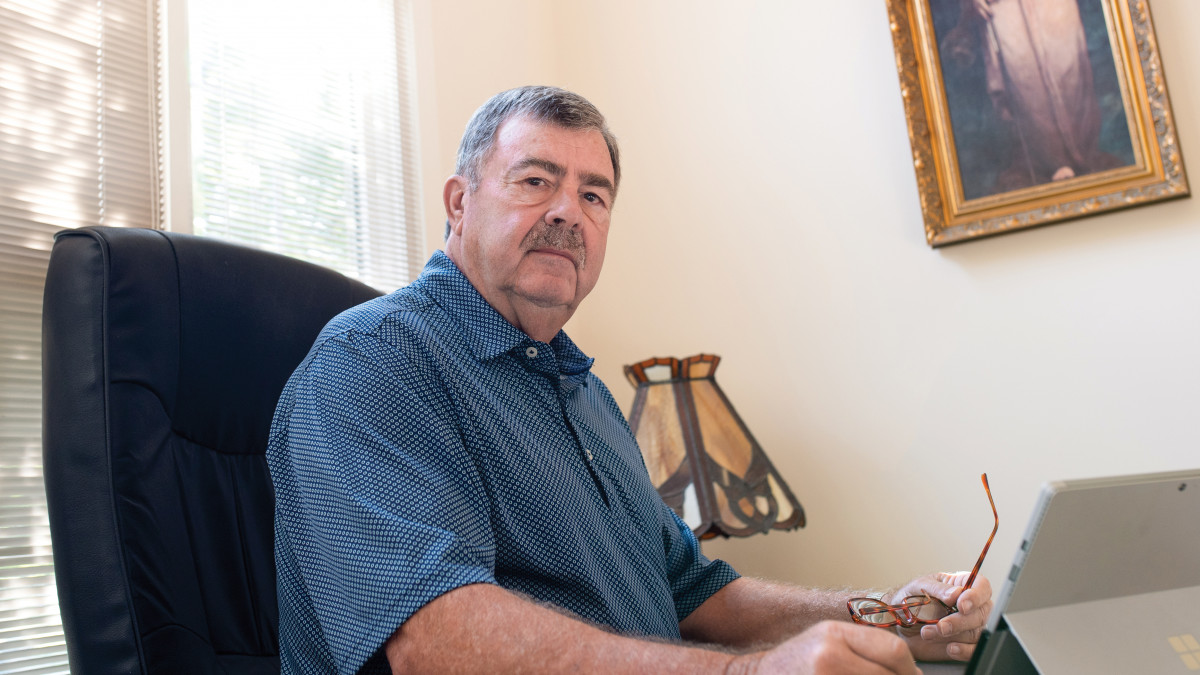 THE PUBLIC SERVANTS: Terry Crone ’74
THE PUBLIC SERVANTS: Terry Crone ’74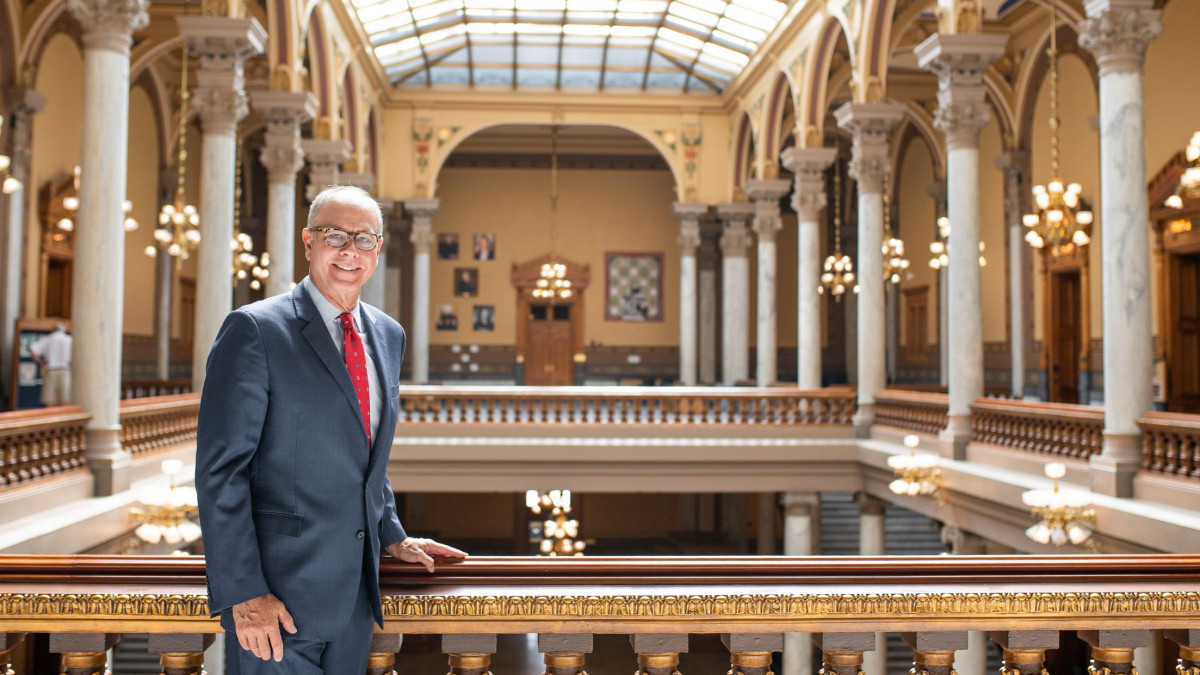 THE PUBLIC SERVANTS: John Hammond ’76
THE PUBLIC SERVANTS: John Hammond ’76 THE PUBLIC SERVANTS: Dave Jones ’84
THE PUBLIC SERVANTS: Dave Jones ’84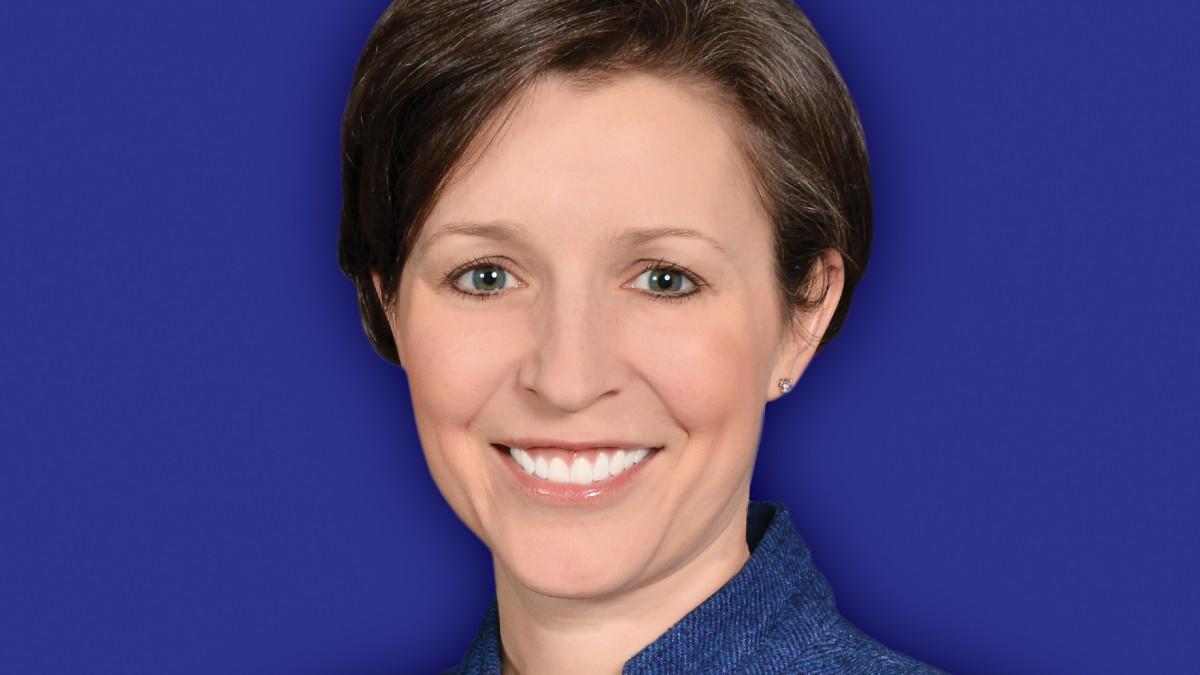 THE PUBLIC SERVANTS: Lucy Ferguson VanMeter ’97
THE PUBLIC SERVANTS: Lucy Ferguson VanMeter ’97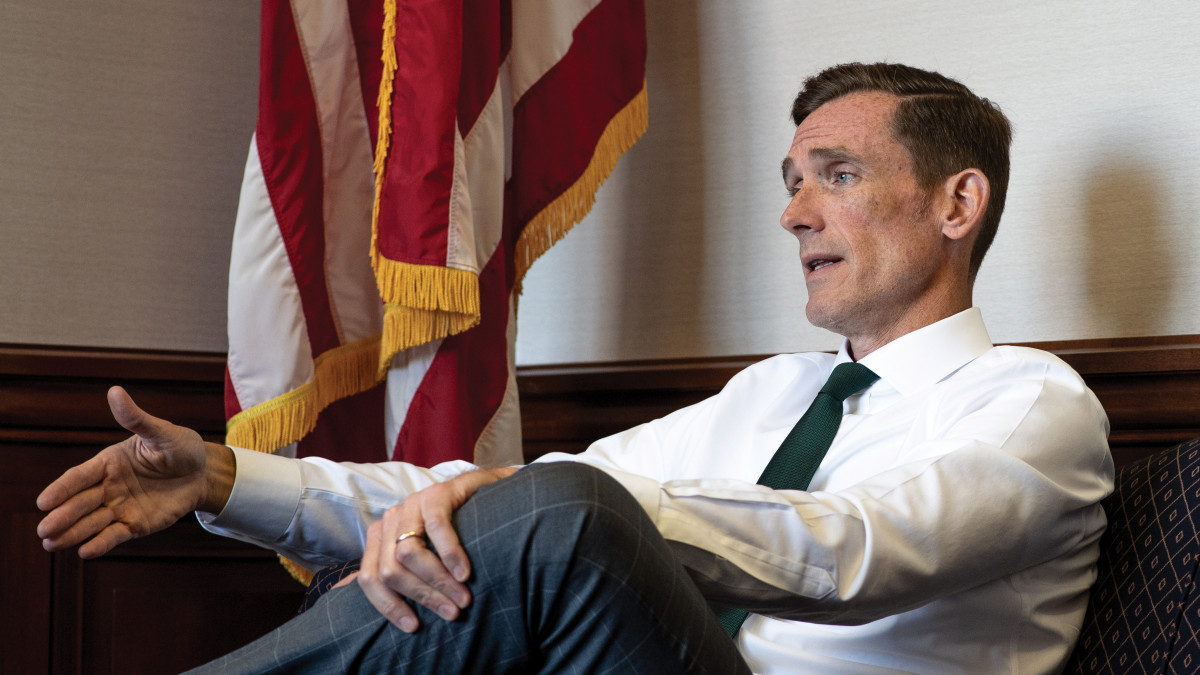 THE PUBLIC SERVANTS: J.P. Hanlon ’92
THE PUBLIC SERVANTS: J.P. Hanlon ’92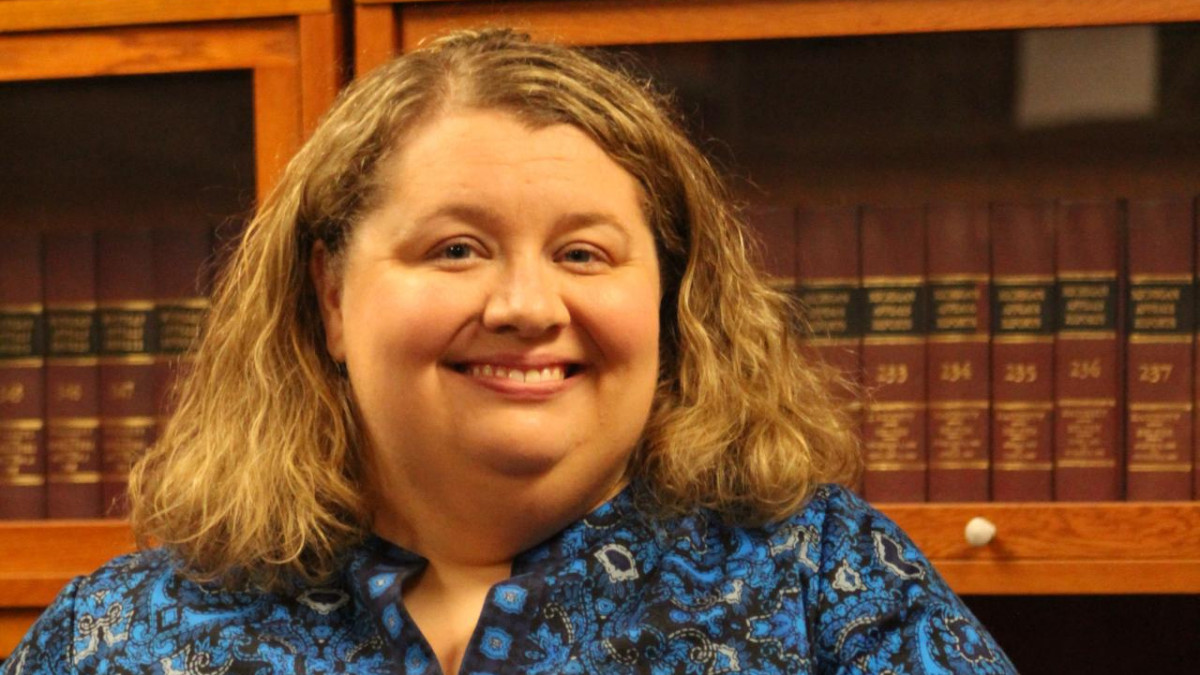 THE PUBLIC SERVANTS: Brittany Bulleit ’05
THE PUBLIC SERVANTS: Brittany Bulleit ’05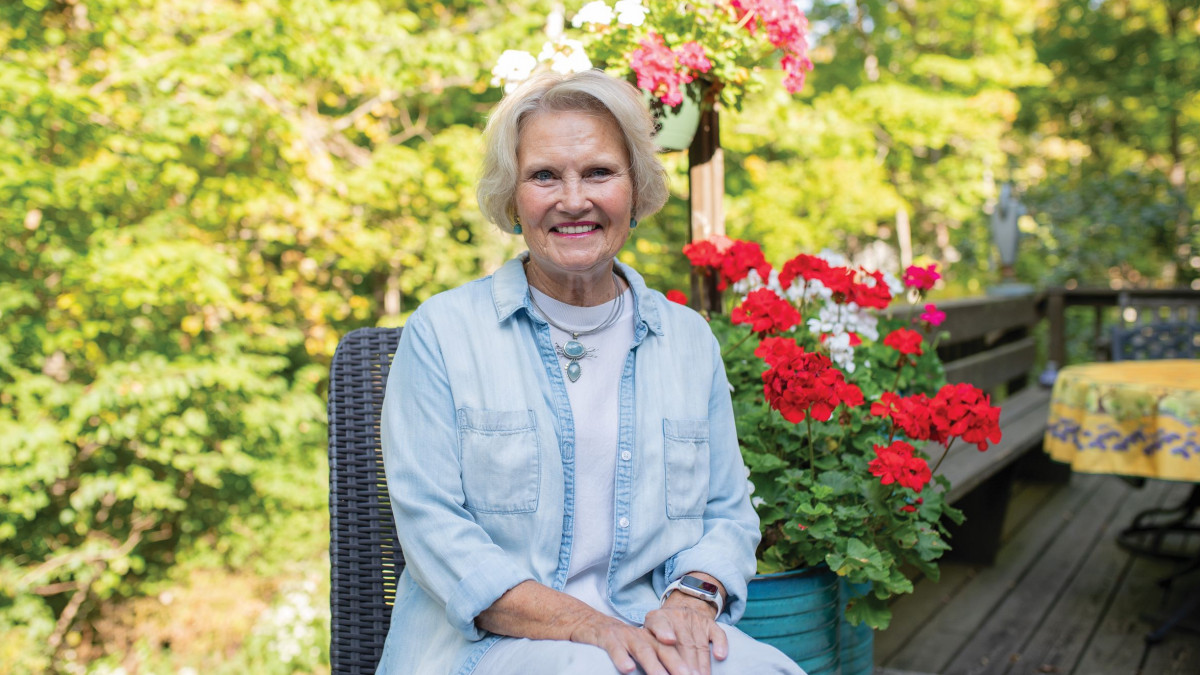 THE PUBLIC SERVANTS: Sue Anne Starnes Gilroy ’70
THE PUBLIC SERVANTS: Sue Anne Starnes Gilroy ’70 THE PUBLIC SERVANTS: Dan Quayle ’69
THE PUBLIC SERVANTS: Dan Quayle ’69 THE PUBLIC SERVANTS: Shatrese Flowers ’95
THE PUBLIC SERVANTS: Shatrese Flowers ’95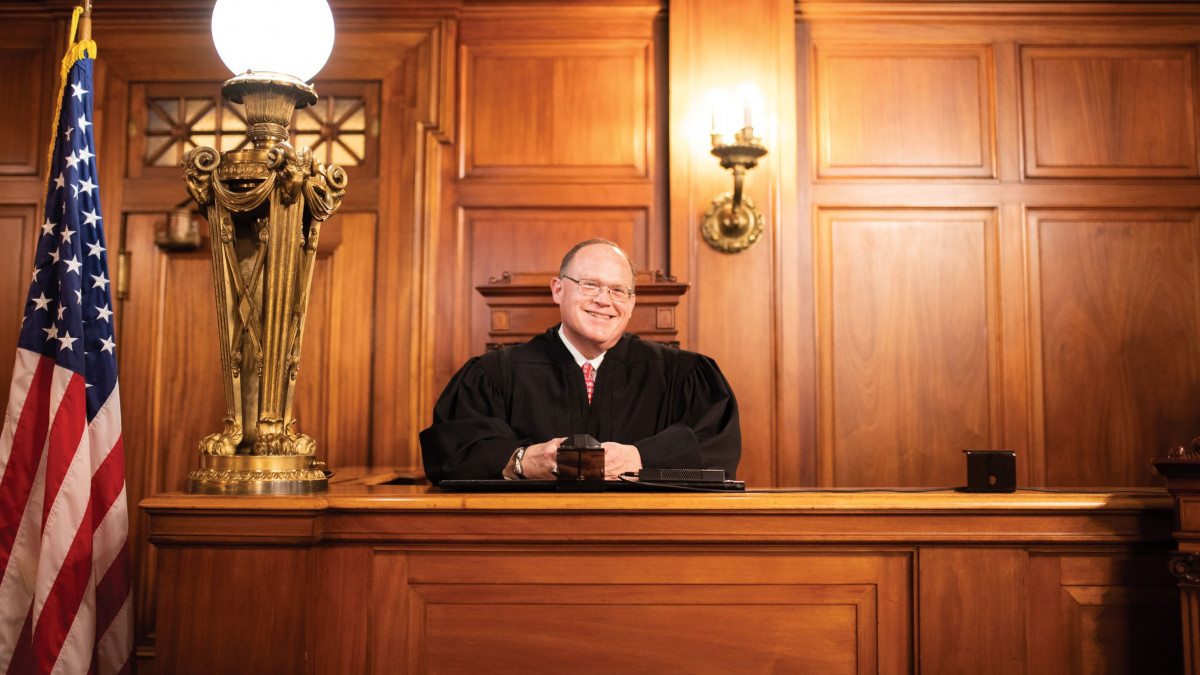 THE PUBLIC SERVANTS: C. Shea Nickell ’81
THE PUBLIC SERVANTS: C. Shea Nickell ’81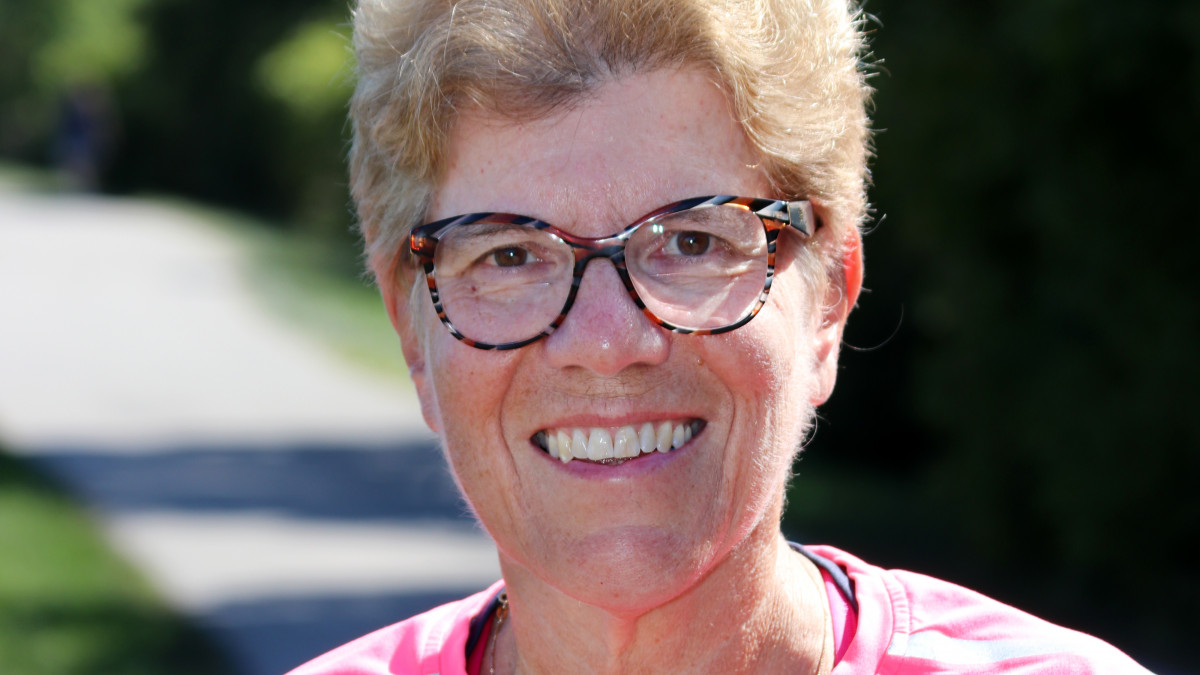 The Public Servants: Nancy Boyer ’73
The Public Servants: Nancy Boyer ’73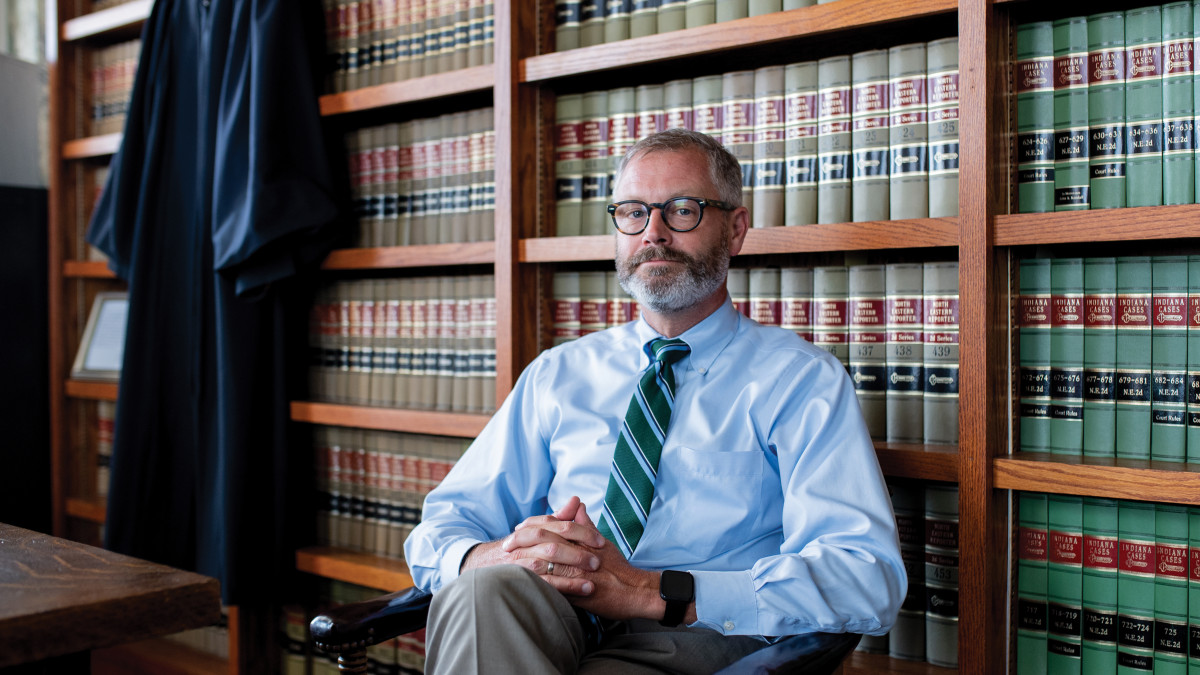 THE PUBLIC SERVANTS: Matthew Kincaid ’92
THE PUBLIC SERVANTS: Matthew Kincaid ’92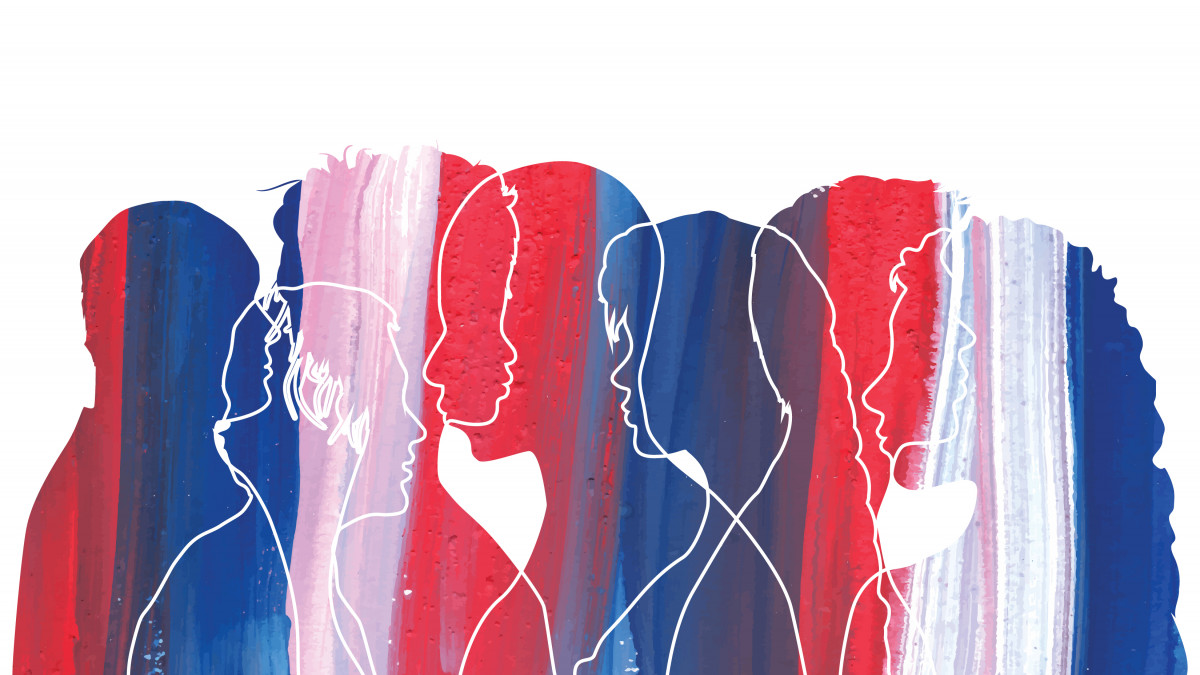 The Public Servants
The Public Servants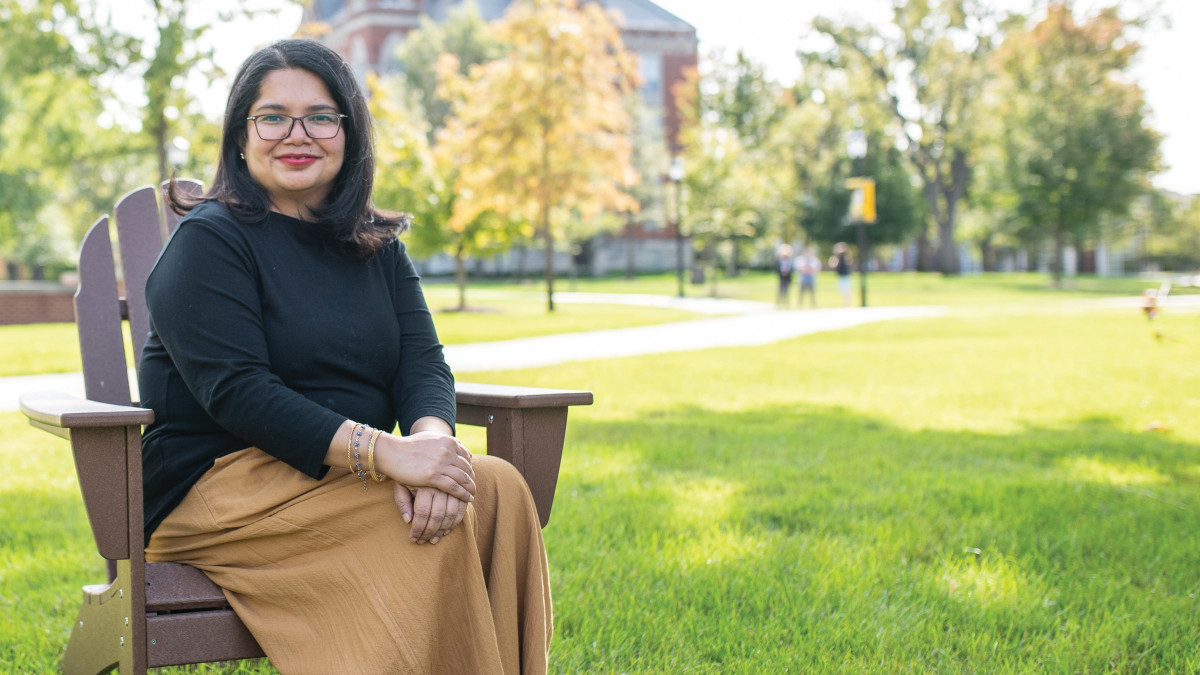 Profs see promise in poli sci, history students who plan public service careers
Profs see promise in poli sci, history students who plan public service careers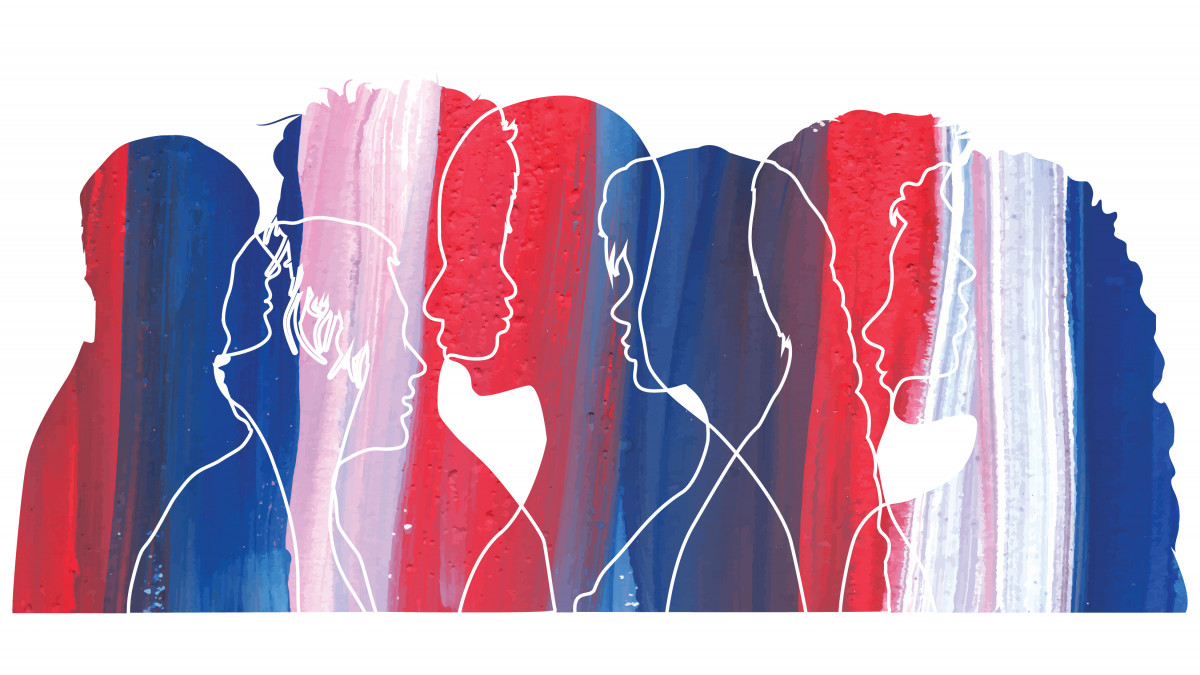 Stimulated and prepared by DePauw, alums work to serve others
Stimulated and prepared by DePauw, alums work to serve others
DePauw Stories
A GATHERING PLACE FOR STORYTELLING ABOUT DEPAUW UNIVERSITY
Browse other stories
-
Athletics
-
Football - 336 Students Named to 2025 Spring Tiger Pride Honor Roll
-
Football - DePauw-Record 190 Student-Athletes Named to NCAC's Dr. Gordon Collins Scholar-Athlete Honor Roll
-
Football - DePauw Unveils 2025 Athletics Hall of Fame Class
More Athletics
-
-
News
-
Outstanding scholars named to Spring 2025 Dean's List
-
Alumni News Roundup - June 6, 2025
-
Transition and Transformation: Inside the First-Year Experience
More News
-
-
People & Profiles
-
11 alums make list of influential Hoosiers
-
DePauw welcomes Dr. Manal Shalaby as Fulbright Scholar-in-Residence
-
DePauw Names New Vice President for Communications and Strategy and Chief of Staff
More People & Profiles
-
-
Have a story idea?
Whether we are writing about the intellectual challenge of our classrooms, a campus life that builds leadership, incredible faculty achievements or the seemingly endless stories of alumni success, we think DePauw has some fun stories to tell.
-
Communications & Marketing
101 E. Seminary St.
Greencastle, IN, 46135-0037
communicate@depauw.eduNews and Media
-
News media: For help with a story, contact:
Bob Weaver, Senior Director of Communications.
bobweaver@depauw.edu.